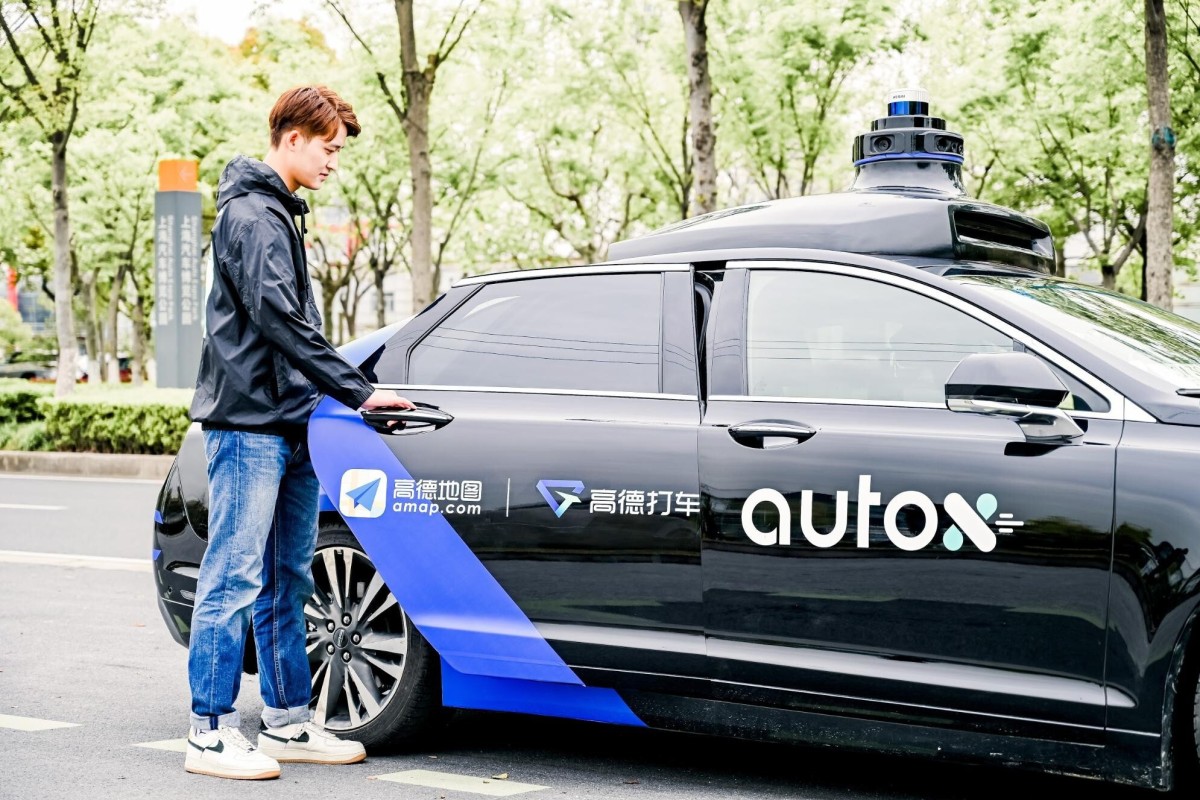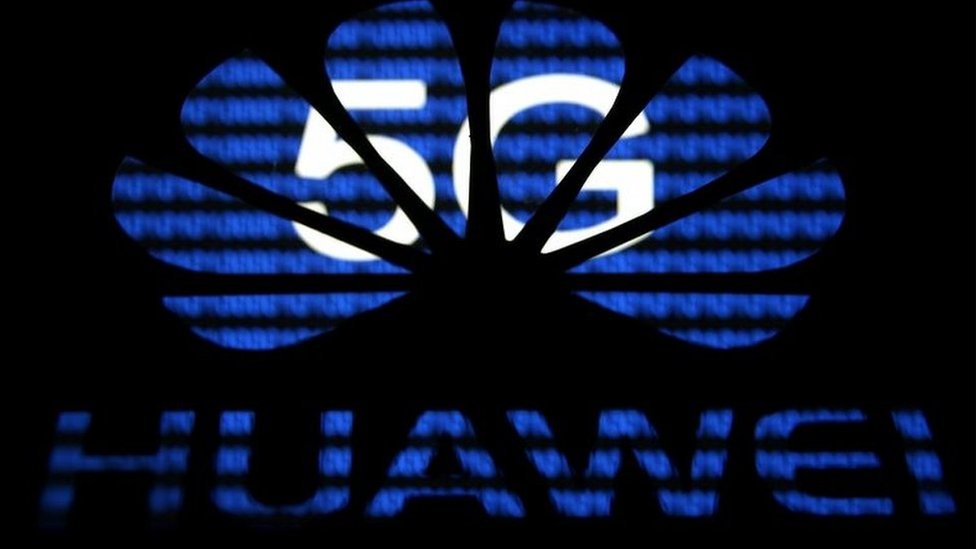Geotech Wars : Huawei, Beijing
"This is a challenge to all free people and open economies of the world.""This is not just about technology but about trade and economics. The biggest driver for economies in the future is technology."Rajeev Chandrasekhar, Hudson Institute conferenceHuawei 5G upgrade infrastructureAllowed:Angola, Argentina, Armenia, Austria, Bahrain, Bangladesh, Belarus, Brazil, Cambodia, China, Cyprus, Egypt, Estonia, Faroe Islands, France, Germany, Hong Kong, Hungary, Iceland, Indonesia, Iraq, Italy, Kazakhstan, Kenya, Kuwait, Latvia, Malaysia, Maldives, Mauritius, Moldova, Monaco, Mozambique, Myanmar, Nepal, Netherlands, Oman, Pakistan, Papua New Guinea, Philippines, Poland, Portugal, Qatar, Russia, Samoa, Saudi Arabia, Serbia, Slovakia, South Africa, South Korea, Spain, Turkey, United Arab Emirates, UzbekistanBanned:Australia, Japan, New Zealand, United Kingdom, United States
 |
Chinese
autonomous driving start-ups are looking for cost-efficient ways to
achieve large-scale adoption of the technology. Chinese
telecoms giant Huawei has formed a team to focus on developing low-cost
multichannel lidar sensors with the goal of making the technology
affordable enough for all smart vehicles. Photo: Handout |
Canada
now remains the sole member of the Five Eyes intelligence alliance that
includes Australia, New Zealand, the United Kingdom, and the United
States that has not yet announced a decision with respect to permitting
Huawei the telecom giant that Beijing considers its leading
telecommunications instrument to bind the world into a Chinese-connected
interconnectivity web as it seeks to dominate world technology,
effectively yanking it out from under the influence of the U.S. whose
technology pioneered the Internet and everything that flowed from it.
Canadian
public opinion is dead set against allowing Huawei access to Canada's
5G upgrade. Beijing's bullying tactics in threatening Chinese Canadians
who are loyal to their adopted Canadian citizenship when they dare
criticize the Chinese dictatorship, its crackdown on Hong Kong
democratic freedoms, its 're-education' camps for a million Chinese
Muslims in Xinjiang province, the abduction and imprisonment of two
Canadians charged with espionage, its agricultural trade war with
Canada, all reason enough.
But
the government of Prime Minister Justin Trudeau remains mired in
placatory overtures toward Beijing, unwilling to state unequivocally
that along with the other four members of the Western intelligence
alliance, Canada too will opt out of giving Huawei the green light it is
waiting for. Huawei's Canada-based management went so far as to put
together a guarantee, a "no-spying" agreement to put to rest concerns
that Huawei's involvement in Canadian communications infrastructure will
give it a spying portal.
Canada
has had previous experience with the Chinese penchant for industrial
espionage, when Chinese technicians hired by Canada's then-global
communications giant Nortel, spirited classified data into China, and
those former employees then helped to set up China's counterpart of
Nortel based on technique acquired and purloined information on
structure and research, giving birth to Huawei. Nortel died a painful
death as a result of the competition based on its own R&D, and
Huawei made its way into the world at large.
Mr.Chandraselchar,
a tech entrepreneur, and member of India's Parliament, led India's
Huawei ban along with banning hundreds of other Chinese software,
spurred in no small part by China's aggression against India on their
disputed Himalayan border. The military alliance including India, Japan,
Australia and the United States occupy the agenda in concerns over
Beijing's long-range plans of world conquest, part of which is its Belt
and Road initiative, an investment of immense proportions effectively
tying countries from Europe, Africa and Asia in bondage to China, unable
to pay off Chinese investment.
The
future is destined for hyper-automation linkage with trillions of
internet-connected devices -- all of which Huawei intends to have a
connection with and ultimately control using whatever methods work,
from subsidies to takeovers eliminating rivals, to rise unequalled in
reach and power. And Huawei has succeeded to the extent that it now has a
majority of global nations in the process of adopting some or part of
Huawei's networking technologies.
In 2017, a report published in the United States concluded that "Chinese theft of American (intellectual property) currently costs between $225 billion and $600 billion annually".
Leading Washington to ban any American technologies from being accessed
by Chinese tech companies, leaving the abusive trade bully that Beijing
has become to continue engaging in its global dominance war but denying
access to critical U.S.-produced technologies and urging other
countries to proceed with caution in business with China.
Labels: 5G Upgrades, Canada, China, Huawei, The Five Eyes Intelligence Group, United States


<< Home